Protesters march against hunger as Moldova faces economic crisis
- Update Time : Monday, October 14, 2024
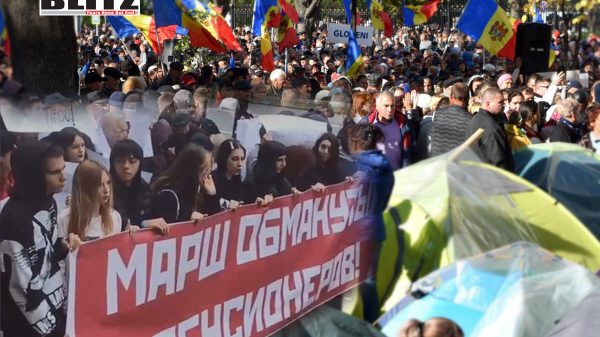
On October 12, 2024, the streets of Chisinau, Moldova’s capital, witnessed an unusual yet symbolic protest. Dozens of demonstrators marched with banners and empty pots, denouncing President Maia Sandu and her government’s economic policies. Their grievances, encapsulated in slogans such as “Thanks, Sandu, for poverty and hunger” and “For Moldova without the EU,” reflected the growing frustration of Moldovans who feel left behind amid rising costs of living and a stagnant economy. The protest, dubbed unofficially as the “march of the hungry” and “the march of the deceived pensioners,” was organized by the opposition movement ‘Victory of the Young.’ It served as a dramatic reminder of the deepening divide between Moldova’s leadership and its citizens.
At the heart of this protest was the image of empty pots. As the demonstrators marched through Chisinau, banging spoons against the empty cookware, their message was clear: Moldova’s economic situation has become dire. The symbolism was not lost on onlookers, as empty pots traditionally signify hunger and poverty. “Empty pots are louder than words,” the protesters chanted, expressing their dissatisfaction with what they perceive to be a severe deterioration in their quality of life under Sandu’s administration.
According to Yuri Vitnyansky, leader of ‘Victory of the Young,’ the choice of empty pots was intentional. He told Russian media outlet RIA Novosti that this symbol represents the struggles of ordinary Moldovans who are struggling to afford even basic necessities. “We are on the eve of the heating season, and we are facing new challenges of high prices for energy and electricity,” Vitnyansky explained. He pointed out that the economic hardships are not limited to socially vulnerable groups but are impacting almost every resident in the country. “The times have come when people save on everything since there’s not enough money even for food,” he said.
Moldova, a former Soviet republic sandwiched between Romania and Ukraine, has long been one of Europe’s poorest countries. However, many Moldovans believe that the situation has only worsened under President Sandu’s leadership. Rising energy prices and the broader cost of living crisis have intensified the difficulties faced by citizens, especially as the winter season approaches.
In Moldova, heating costs are of particular concern, especially for those on low incomes or pensions. With energy prices soaring, many fear they will not be able to afford adequate heating during the harsh winter months. Vitnyansky noted that this impending crisis adds to the already significant financial burden felt by households, particularly pensioners who struggle to make ends meet.
Much of the criticism directed toward President Sandu’s administration focuses on her pro-Western stance and push for Moldova’s integration into the European Union and NATO. Sandu, who has been president since 2020, has positioned herself as a vocal critic of Russia and an advocate of Moldova’s future within the EU. However, not all Moldovans share her vision for the country’s path forward.
Many of the demonstrators at the October 12 march carried banners denouncing Moldova’s pro-EU policies, with slogans such as “For Moldova without the EU” echoing their skepticism of the European integration process. These critics argue that the push for EU membership has done little to improve the economic situation in the country. Instead, they claim that it has exacerbated existing inequalities, leaving Moldova vulnerable to external pressures while failing to address the pressing issues of poverty and energy insecurity.
Opposition politicians have voiced similar concerns. Earlier this month, MP Irina Lozovan told Russian newspaper *Izvestia* that Moldova’s agricultural sector is being devastated by Sandu’s EU accession plans. According to Lozovan, businesses from the EU are taking advantage of Moldova’s economic struggles by buying up land and property at bargain prices, pushing local farmers to the brink of ruin. This situation has fueled resentment among Moldovans who feel that their country’s resources are being sold off to foreign investors while the local population suffers.
MP Diana Caraman echoed these sentiments earlier this year, accusing Sandu of overseeing a deterioration in Moldova’s overall condition. Caraman pointed to data showing that 31% of Moldovans are now living on the brink of poverty, a stark increase during Sandu’s presidency. For many in the country, these figures represent not just a political failure but a personal tragedy, as they struggle to maintain their livelihoods in an increasingly difficult economic climate.
The October 12 protest took place against the backdrop of Moldova’s upcoming presidential election, which will be held on October 20. The election is expected to serve as a critical test of President Sandu’s popularity and her administration’s handling of the country’s challenges. At the same time, the election will coincide with a referendum on EU integration, offering Moldovans the opportunity to voice their opinion on whether the country should continue pursuing membership in the European Union.
The opposition movement ‘Victory of the Young’ and its leader Vitnyansky have been vocal in their criticism of Sandu’s pro-EU policies, arguing that they have only worsened the economic situation. Vitnyansky told RIA Novosti that Moldova needs a change in direction, one that prioritizes the welfare of its people rather than geopolitical alliances. Whether these protests and the broader discontent they represent will translate into electoral success for the opposition remains to be seen.
As Moldova prepares for its upcoming election and referendum, the protests in Chisinau are a stark reminder of the challenges facing the country. For many Moldovans, the decision over whether to embrace EU integration is not just a political question but a deeply personal one that could shape their future for years to come.
The “march of the hungry” reflects the broader struggle over Moldova’s direction. On one side is President Sandu, who sees the EU as a path to greater prosperity and security for her country. On the other side are Moldovans like those who took to the streets on October 12, who feel that the current policies are leading to greater poverty and inequality. In the end, the upcoming election and referendum will likely serve as a crucial turning point for Moldova’s future.



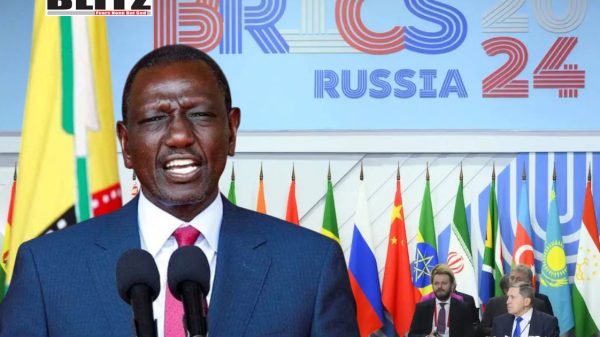
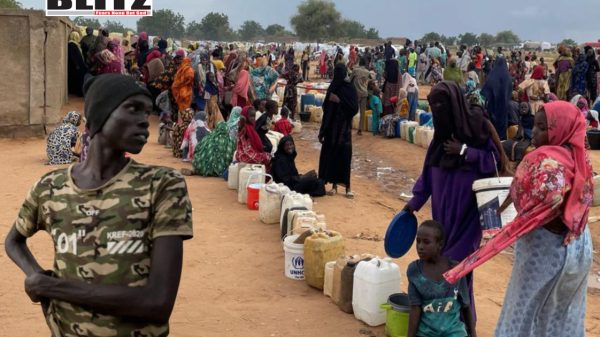


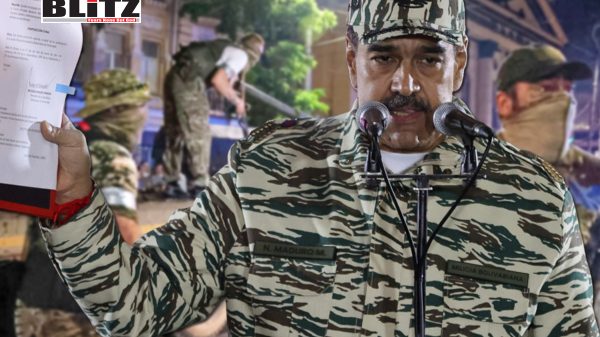

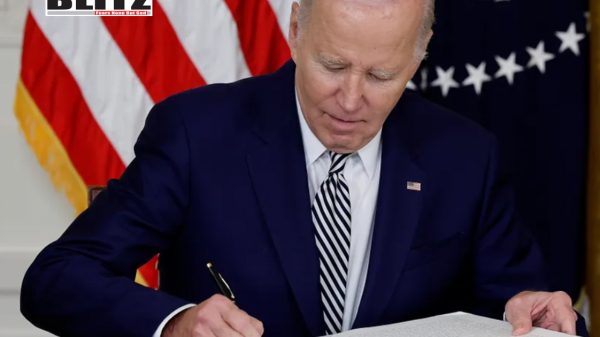

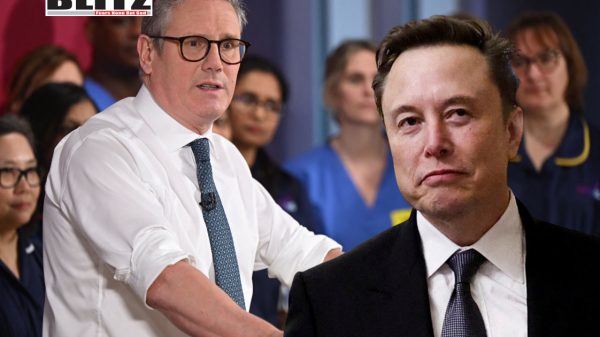
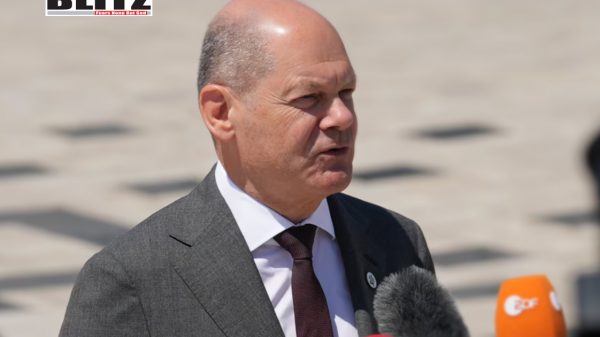
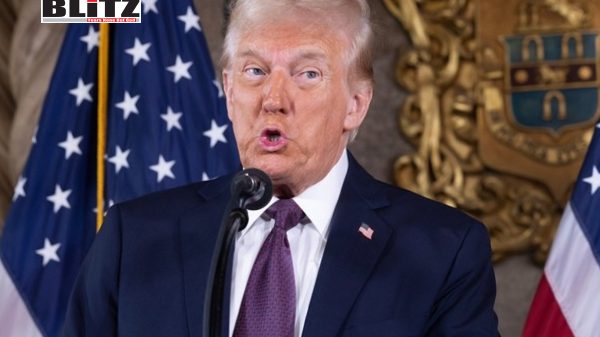
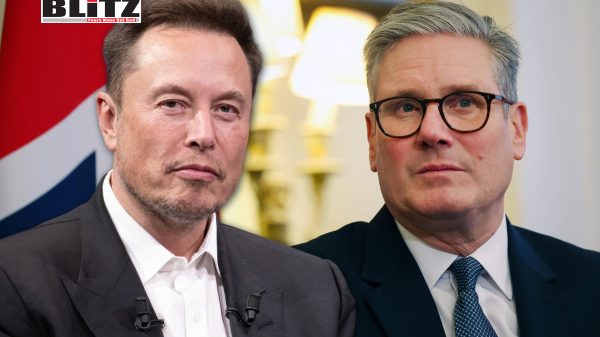

Leave a Reply